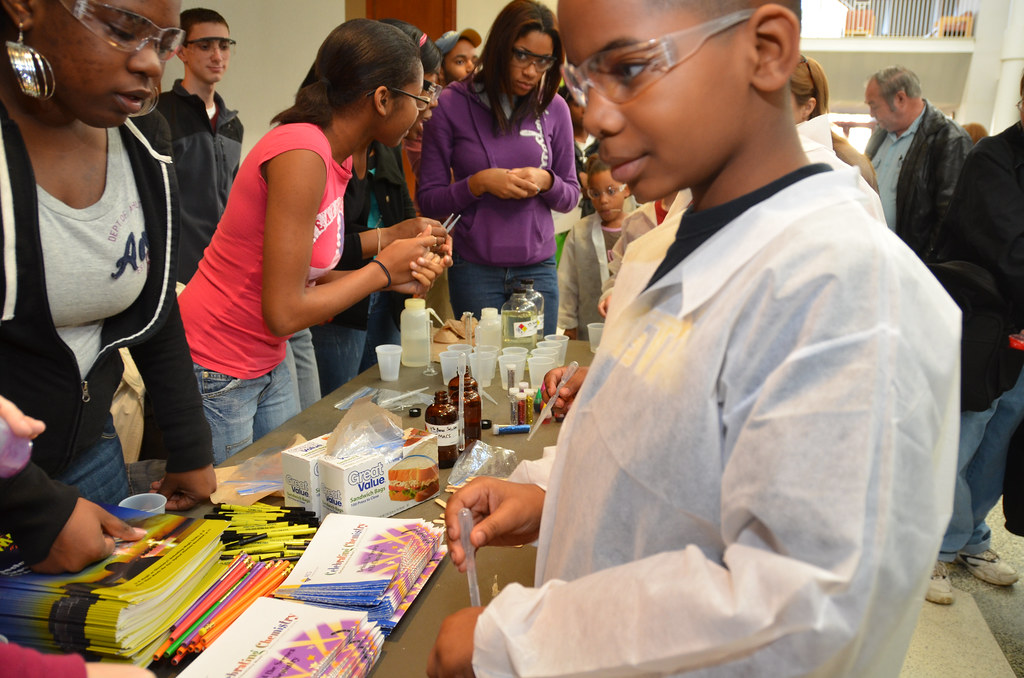As a Chemistry teacher, I spend a great deal of my time helping students figure out how to solve word problems. Currently, my students are learning how to use gas law equations. While my students know how to use algebra to solve problems involving variables, some students struggle through the problems. My experience has been that just giving students more problems doesn't improve their understanding of the concept. I have to figure out what steps are giving the students trouble. Often, there are steps I do in my head that I may not always verbalize.
Here are some of the decisions students have to make when solving problems:
- Determining what information is given in the problem
- Matching given quantities with variables based on units
- Determining whether one or more sets of conditions are provided in the problem
- Determining which equation to use based on variables provided and conditions
- If ideal gas law is needed, determining the correct value of universal gas constant R to use based on units used in the problem.
- Converting Celsius temperatures to degrees Kelvin
- Determining how to rearrange equations to solve for specific variables - involves knowledge of manipulation equations with fractions
- Determining how to substitute quantities for variables correctly
- Performing calculations by hand or with calculator correctly - some students will do all steps correctly and then incorrectly use the calculator
- Using knowledge of direct and inverse proportions to determine whether calculations make sense
After students performed below my expectations on their first test, I decided to re-teach gas laws with more attention to the individual steps listed above and the relationships between the variables. One of my goals in flipping my classroom is to incorporate more metacognitive strategies and math review into my chemistry videos. I also want to relate science content to other content areas to help students bring those foundation skills into the science classroom. The attempt to flip my classroom has been a work in progress, but overall flipping has helped my teaching.

No comments:
Post a Comment